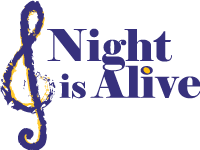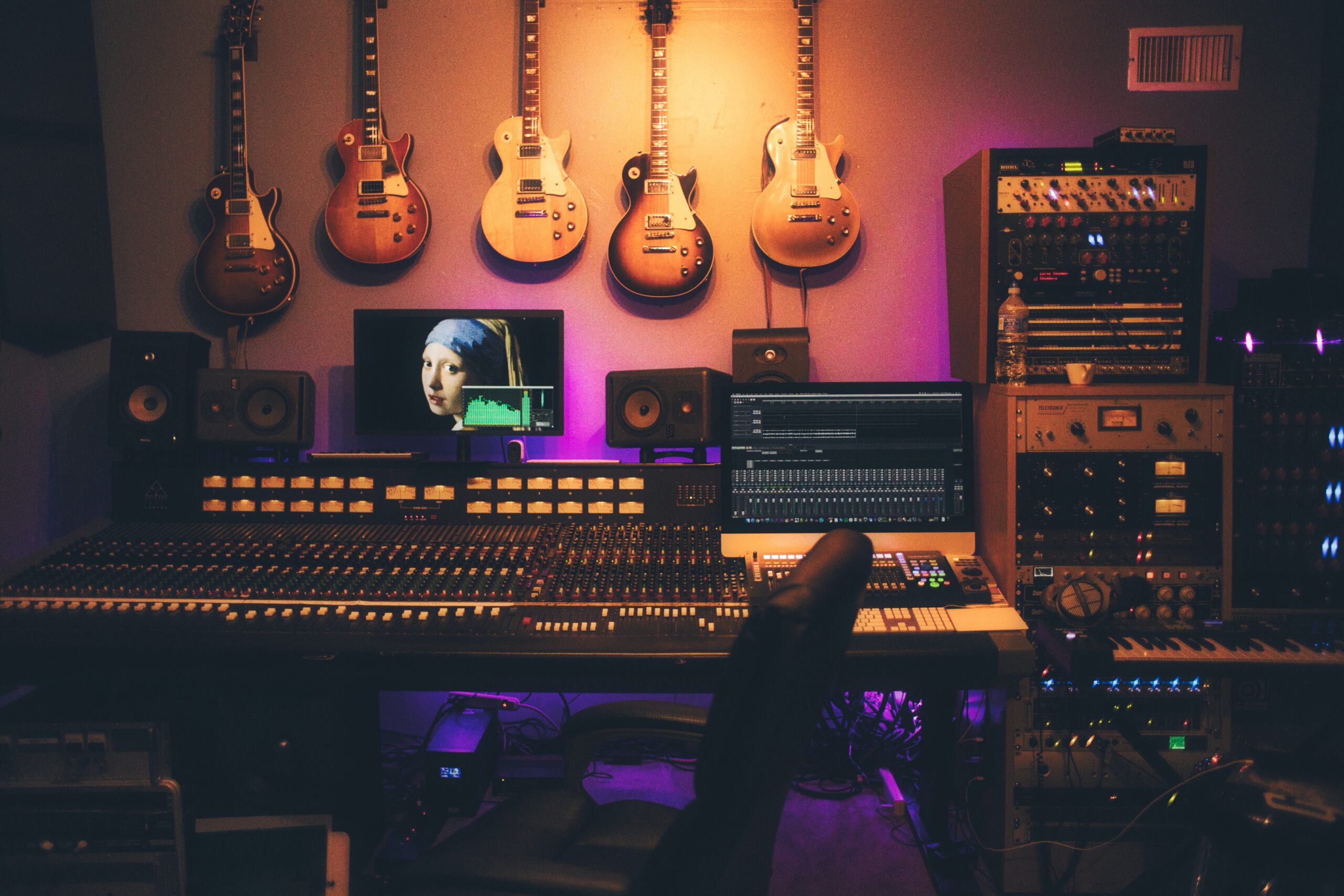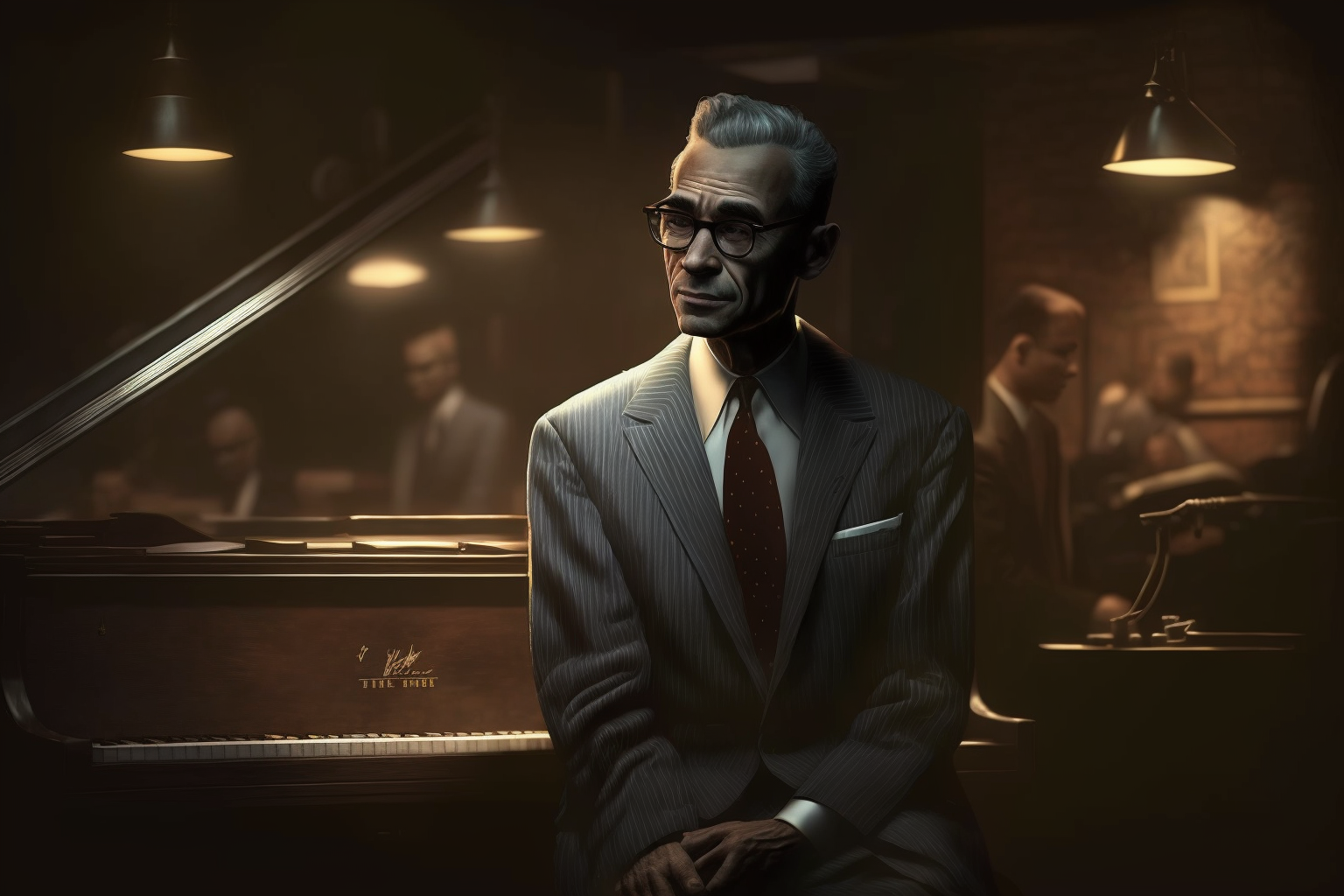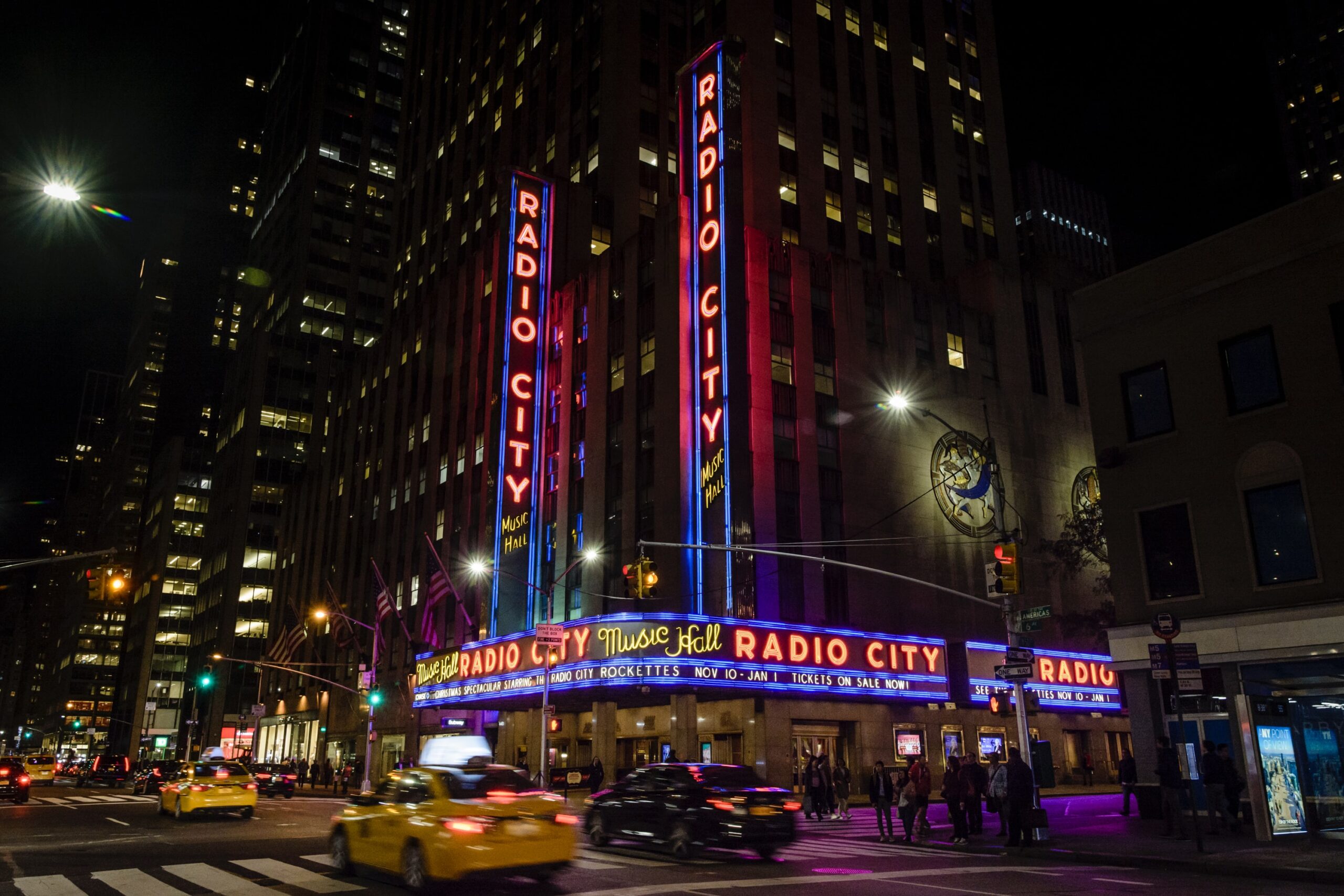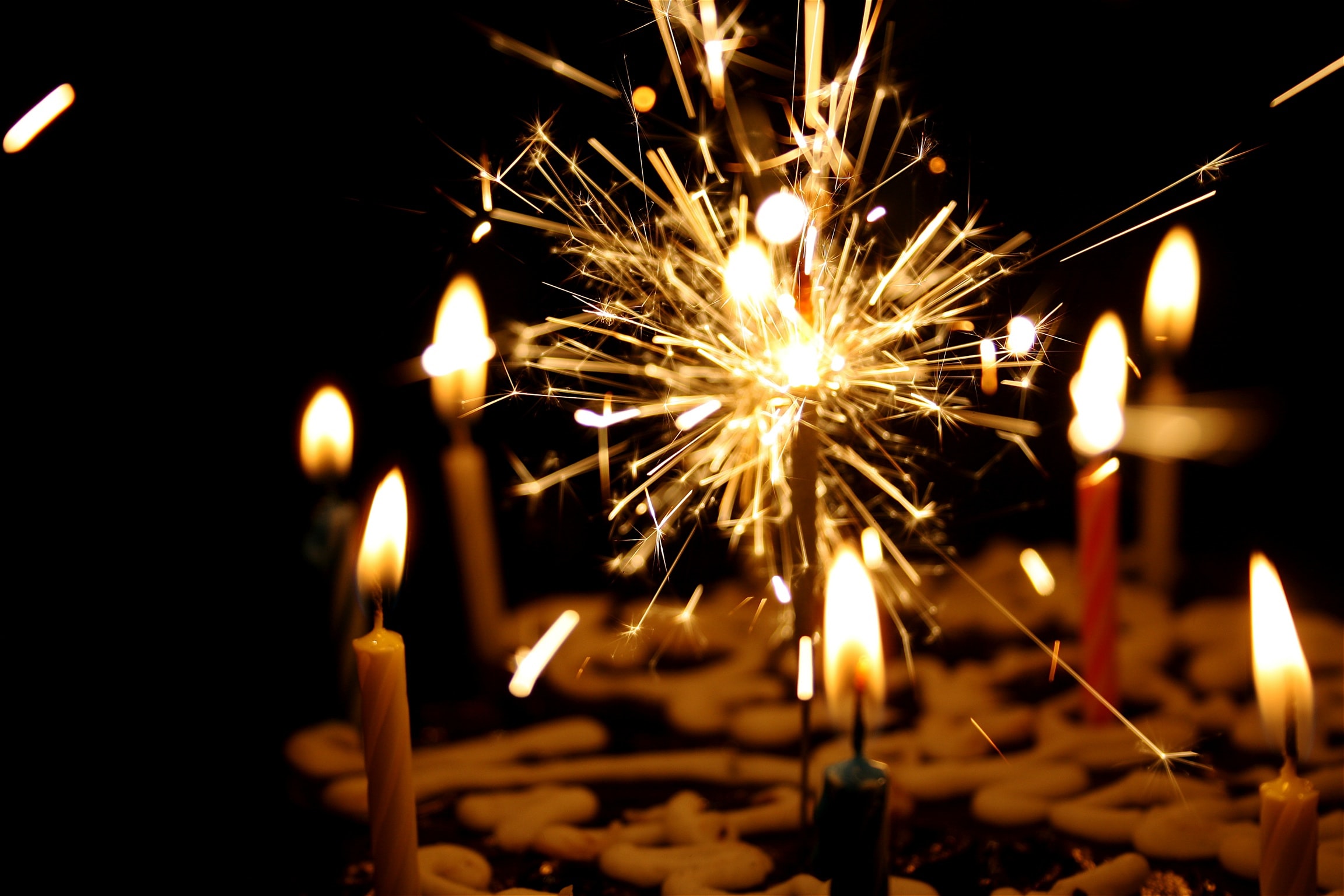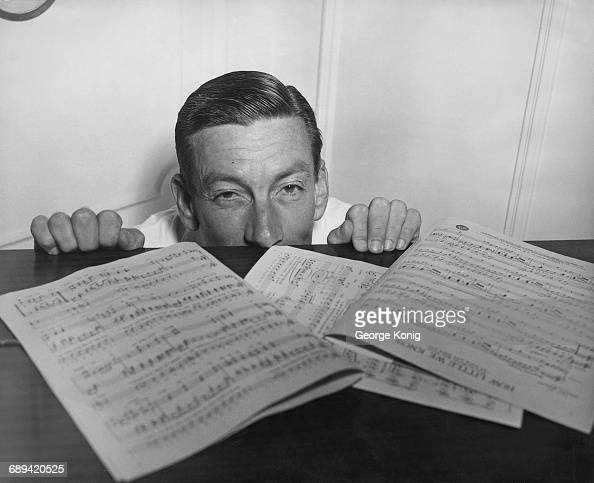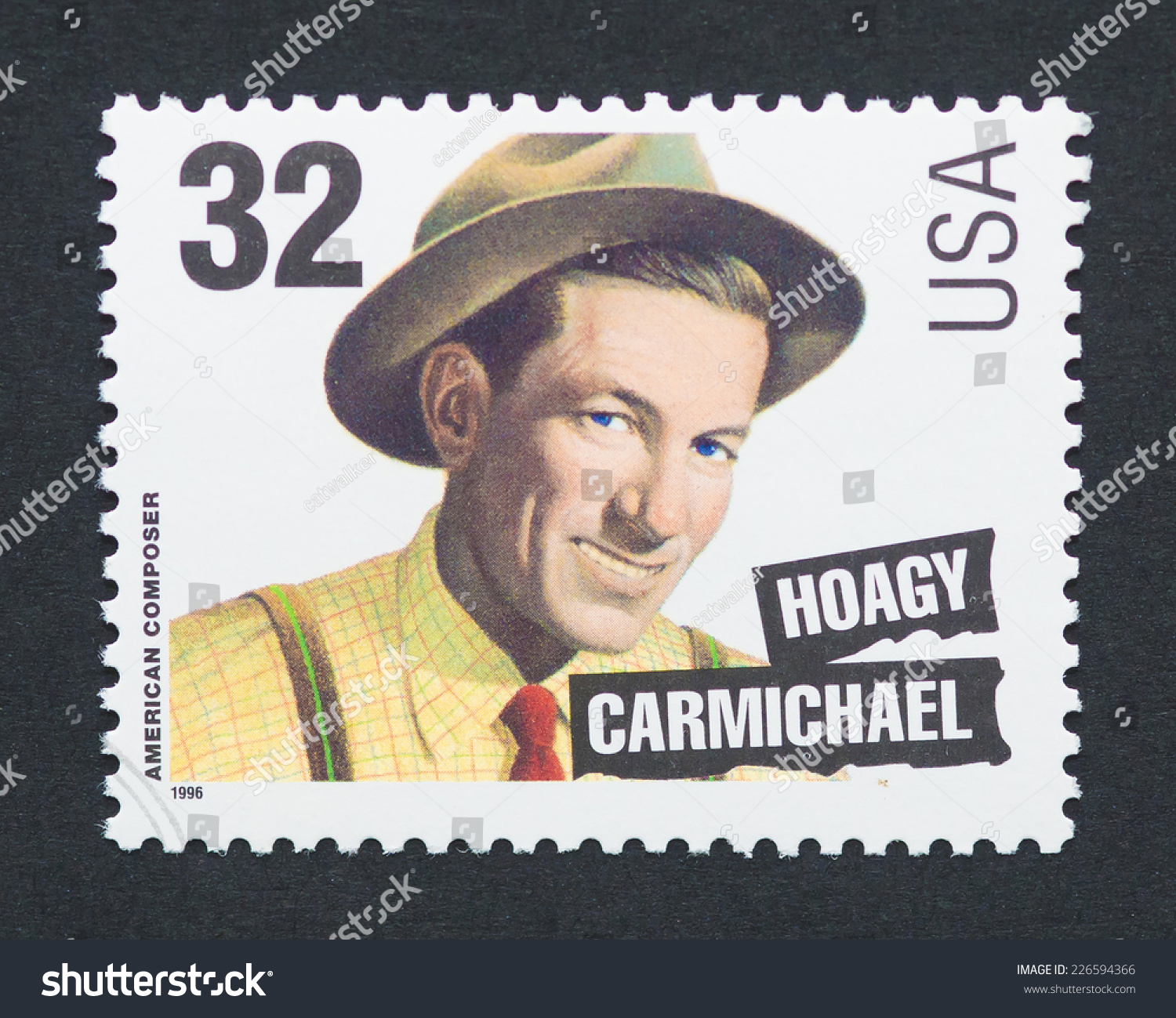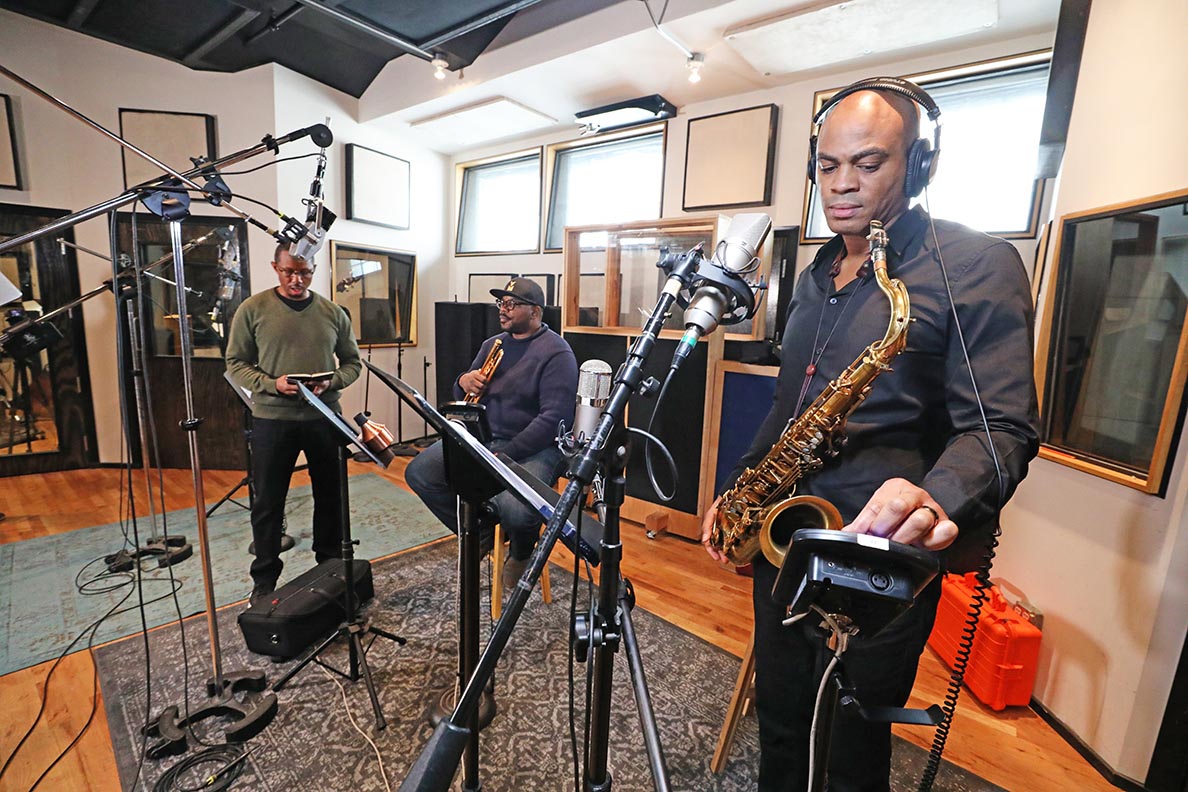Why Jazz Musicians Should Choose a Professional Studio for Recording
Image Source: Unsplash
As a jazz musician, you know that the quality of your recordings can make or break your career. Whether you’re looking to create a demo to send to record labels or release an album independently, you need a recording that captures the essence of your sound and connects with listeners. That’s why it’s essential to choose a professional studio for your jazz music recording. In this article, I’ll explain why recording quality matters for jazz music, the advantages of using a professional studio, and how to choose the right one for your needs.
Recording Quality Matters for Jazz Music
Jazz music is all about improvisation, spontaneity, and creativity. It’s a genre that requires technical skill, emotional depth, and musical intuition. As a jazz musician, you want your recordings to capture the energy and emotion of your live performances. That’s why recording quality matters for jazz music.
A high-quality recording can bring out the nuances of your performance, highlight the interplay between band members, and showcase the subtleties of your sound. It can transport listeners to the club or concert hall and make them feel like they’re experiencing your music in real-time. A low-quality recording, on the other hand, can make your music sound flat, lifeless, and uninteresting. It can also turn off potential fans and industry professionals who are looking for quality recordings to invest in.
Advantages of Using a Professional Studio for Jazz Music Recording
Recording in a professional studio has several advantages over recording at home or in a cheap studio. First, a professional studio has the equipment, acoustics, and expertise to capture your sound accurately. Professional studios have high-quality microphones, preamps, mixers, and monitors that can bring out the best in your instrument and voice. They also have well-designed rooms and acoustic treatments that can minimize unwanted noise, reverb, and distortion.
Second, a professional studio has experienced sound engineers who can help you achieve the sound you’re looking for. Sound engineers are trained to balance the levels, EQ, and dynamics of your tracks, and they can offer creative suggestions for enhancing your sound. They can also troubleshoot technical issues, such as clicks, pops, and hums, that can ruin a recording.
Third, a professional studio can save you time and money in the long run. While it may seem cheaper to record at home or in a cheap studio, the cost of fixing mistakes, re-recording tracks, and mastering your recording can add up quickly. A professional studio can help you get your recording right the first time, which can save you money on future edits and remixes.
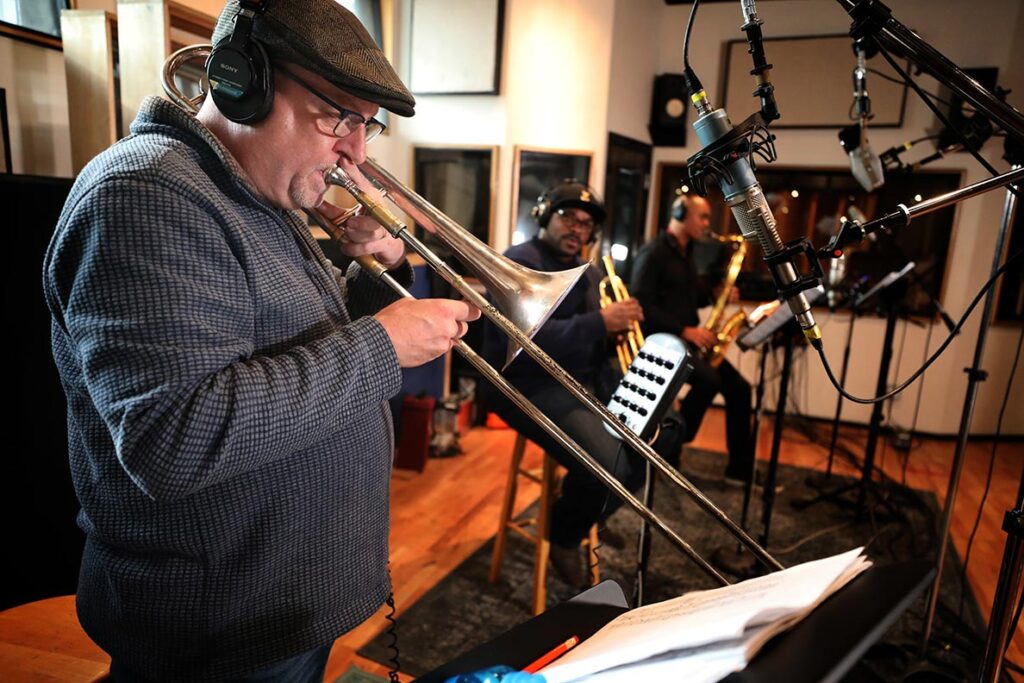
How a Professional Studio Can Enhance the Sound of Your Jazz Music
A professional studio can enhance the sound of your jazz music in several ways. First, a professional studio can offer a controlled environment that allows you to focus on your performance without distractions. Unlike home or cheap studios, professional studios are designed to minimize outside noise and interruptions, which can help you achieve a better performance.
Second, a professional studio can offer a range of equipment and instruments that you may not have access to at home or in a cheap studio. For example, a professional studio may have a grand piano, a vintage guitar amp, or a rare drum set that can add a unique flavor to your recording. They may also have high-quality effects processors, such as reverbs, delays, and compressors, that can add depth and dimension to your sound.
Third, a professional studio can offer a range of services that can help you polish your recording to perfection. For example, they may offer editing, mixing, and mastering services that can help you fine-tune your tracks, adjust levels, and add effects. They may also offer session musicians, backup singers, and other professionals who can add their talents to your recording.
The Role of Equipment in Jazz Music Recording
Equipment plays a crucial role in jazz music recording. The right equipment can capture the nuances of your performance and enhance the sound of your instrument and voice. The wrong equipment can make your recording sound dull, flat, or distorted.
Microphones are one of the most critical pieces of equipment in jazz music recording. Different microphones have different characteristics that can affect the way your instrument or voice sounds. For example, a condenser microphone can capture the warmth and richness of a grand piano, while a dynamic microphone can handle the high sound pressure levels of a drum set.
Preamps are another critical piece of equipment in jazz music recording. Preamps amplify the signal from your microphone or instrument and add color and character to your sound. A high-quality preamp can add warmth, depth, and clarity to your recording, while a low-quality preamp can add noise, distortion, and coloration.
Mixers are also essential in jazz music recording. Mixers allow you to balance the levels of your tracks, add effects, and create a stereo image. A high-quality mixer can offer precision and flexibility in your mixing process, while a low-quality mixer can limit your options and compromise your sound.
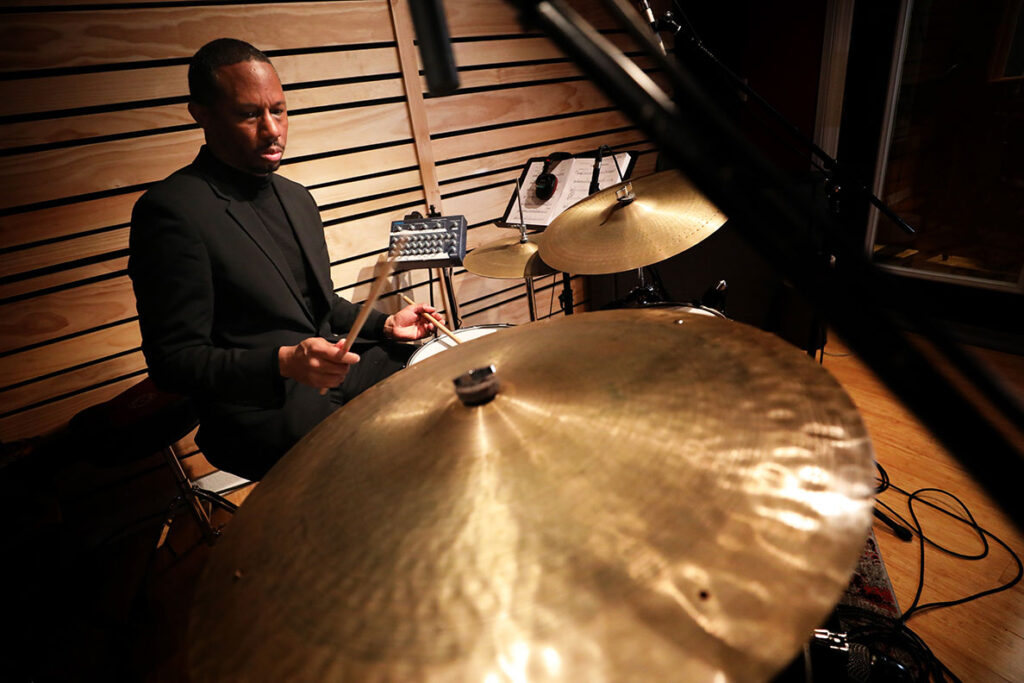
The Importance of Sound Engineering for Jazz Music Recording
Sound engineering is a critical aspect of jazz music recording. Sound engineers are trained to capture, shape, and enhance the sound of your recording. They can offer technical expertise, creative suggestions, and troubleshooting skills that can make your recording sound its best.
Sound engineers can help you achieve the right balance between instruments and voice, adjust levels, EQ, and dynamics, and add effects and automation. They can also offer suggestions for improving your performance, such as adjusting your mic placement or changing your instrument.
The best sound engineers are also excellent communicators. They can listen to your ideas and feedback and translate them into technical adjustments that can enhance your sound. They can also offer their own creative ideas and suggestions that can take your recording to the next level.
How a Professional Studio Can Save Time and Money for Jazz Musicians
Recording in a professional studio can save time and money for jazz musicians in several ways. First, a professional studio can help you get your recording right the first time, which can save you time on future edits and remixes. A professional studio can also help you avoid technical issues, such as clicks, pops, and hums, that can cost you time and money to fix.
Second, a professional studio can offer a range of services that can save you time and money in the long run. For example, they may offer editing, mixing, and mastering services that can help you polish your recording to perfection. They may also offer session musicians, backup singers, and other professionals who can add their talents to your recording, which can save you time on arranging and rehearsing.
Third, a professional studio can help you avoid costly mistakes that can ruin your recording. For example, they can help you choose the right equipment and settings for your instrument and voice, which can prevent distortion, noise, or coloration. They can also help you avoid common mistakes, such as playing too loudly or too softly, that can compromise your sound.
Choosing the Right Professional Studio for Your Jazz Music Recording
Choosing the right professional studio for your jazz music recording requires some research and planning. Here are some factors to consider:
- Location: Choose a professional studio that is convenient for you to travel to and from. Consider the transportation options, parking, and accessibility.
- Reputation: Choose a professional studio with a good reputation for quality recordings, professional staff, and fair prices. Look for reviews, testimonials, and referrals from other jazz musicians.
- Equipment: Choose a professional studio with high-quality equipment that can capture your sound accurately and enhance it creatively. Look for microphones, preamps, mixers, and monitors that are well-maintained and up-to-date.
- Acoustics: Choose a professional studio with well-designed rooms and acoustic treatments that can minimize unwanted noise, reverb, and distortion. Look for studios that offer different room sizes and configurations to suit your needs.
- Staff: Choose a professional studio with experienced and courteous staff who can help you achieve the sound you’re looking for. Look for sound engineers, producers, and other professionals who are knowledgeable, patient, and communicative.
- Cost: Choose a professional studio that offers fair and transparent pricing for their services. Look for studios that offer packages, discounts, and flexible payment options that fit your budget.
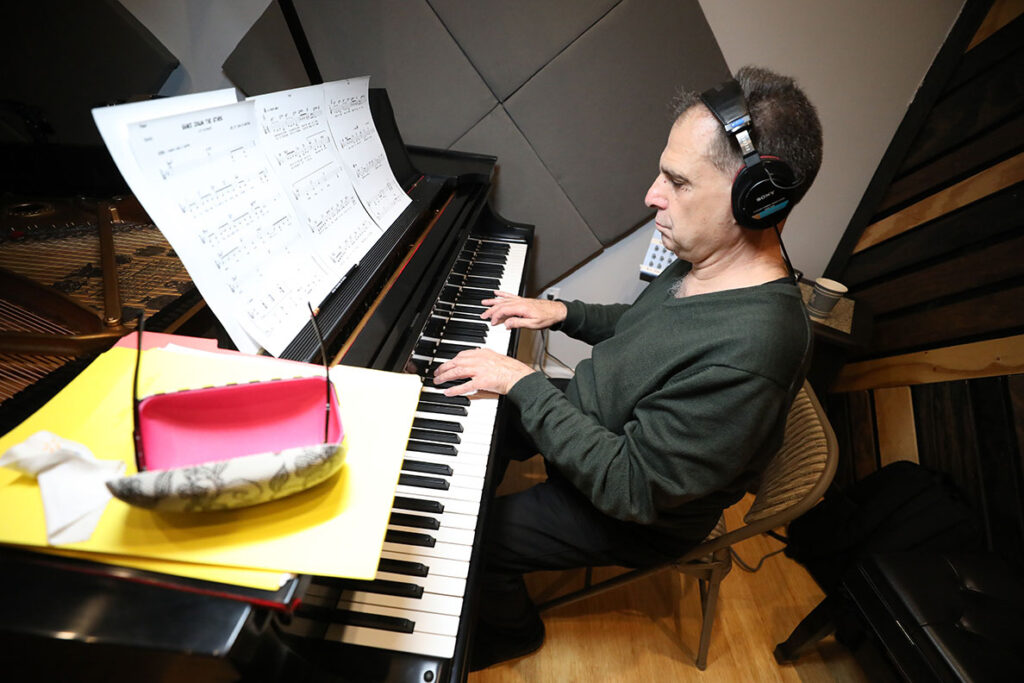
Frequently Asked Questions About Jazz Music Recording in a Professional Studio
Here are some frequently asked questions about jazz music recording in a professional studio:
What is the difference between a cheap studio and a professional studio?
A cheap studio may offer lower prices but may compromise on equipment, acoustics, and expertise. A professional studio, on the other hand, may offer higher prices but can provide high-quality equipment, well-designed rooms, and experienced sound engineers.
How long does jazz music recording take in a professional studio?
The length of jazz music recording in a professional studio depends on several factors, such as the number of tracks, the complexity of the arrangements, and the skill of the musicians. On average, it can take several hours to several days to record a jazz album in a professional studio.
Can I bring my own instruments and equipment to a professional studio?
Yes, you can bring your own instruments and equipment to a professional studio. However, it’s important to check with the studio beforehand to ensure that your equipment is compatible with their setup and to avoid any technical issues.
Can I hire session musicians or backup singers from a professional studio?
Yes, many professional studios offer session musicians, backup singers, and other professionals who can add their talents to your recording. However, it’s important to discuss your needs and budget with the studio beforehand to ensure that you get the best value for your money.
Let’s Make Beautiful Music Together
Jazz music recording requires technical skill, emotional depth, and musical intuition. To capture the essence of your sound and connect with listeners, it’s essential to choose a professional studio for your recording. A professional studio can offer high-quality equipment, well-designed rooms, experienced sound engineers, and a range of services that can enhance your sound and save you time and money. By considering the factors mentioned above and doing your research, you can choose the right professional studio for your jazz music recording and take your career to the next level.
Studio Photography by Chris Drukker.
